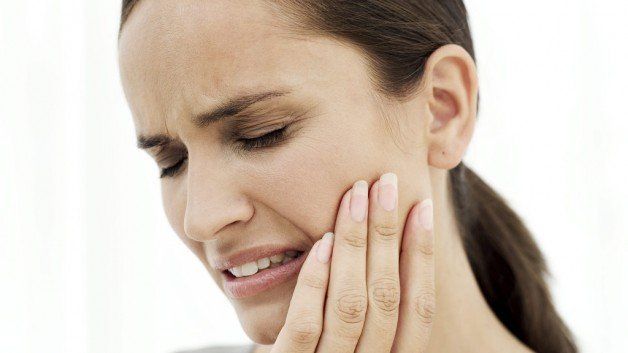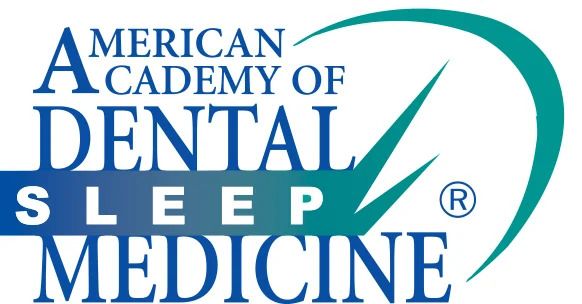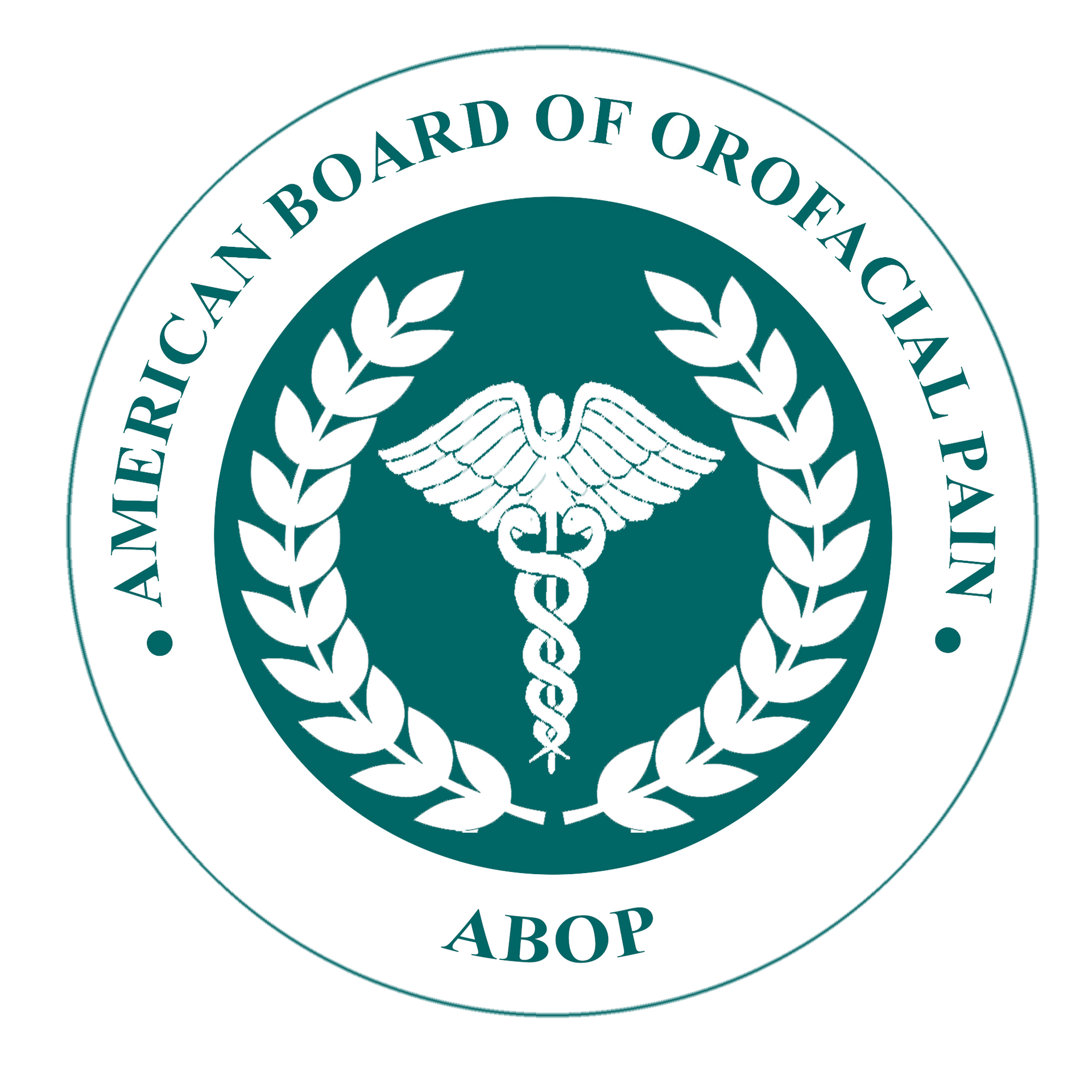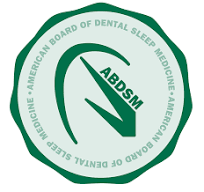Orofacial Pain Specialist
Orofacial pain and temporomandibular joint (TMJ) disorders affect millions of Americans each year. Indeed, as many as 12 percent of American adults suffer from a TMJ disorder. Many try to push through the pain, hoping that it’ll simply go away. Unfortunately, in many cases the pain simply gets worse.
But you don’t have to accept the pain. Orofacial pain dentists like Dr. Phillips know how to diagnose and treat the underlying conditions that cause orofacial pain. By treating orofacial pain, you’ll be able to live a fuller and healthier life.

Common Types Of Orofacial Pain
- The jaw and its connecting joints
- The nose and frontal facial area
- The temples and top of the skull
- The ears, including tinnitus
Causes & Disorders Related To Facial Pain
- Damaged joints and muscles
- leading to improper functioning.
- Misaligned joints- increases wear and tear, as well as strain.
- Teeth grinding- can damage bones, joints, and muscles.
- Clenching teeth- can also damage muscles, joints, and bones.
- Burning Mouth- lesions and burning sensation in the mouth.
- High stress- can lead to clenched teeth and other conditions.
- Poor oral hygiene- could cause infections and other issues.
- TMD- often accompanied by orofacial pain.
How Are These Disorders Diagnosed?
Orofacial Pain Treatment
The first step to treating orofacial pain is to properly diagnose the cause. Unfortunately, because so many conditions can cause orofacial pain, it’s easy to improperly diagnose the underlying factors. In fact, many of our patients have visited several offices before getting the answers they sought here. That’s why it’s vital to reach out to a proven orofacial pain doctor like Dr. Phillips.
Each individual cause of orofacial pain, TMD, and related conditions will need to be treated appropriately. In some cases, treatment may include stopping bad habits, such as teeth grinding. In other cases, prescription drugs may be used. Other situations may necessitate surgery.
In some cases, home care is possible. Over-the-counter pain pills, hot/cold compresses, and certain supplements, such as magnesium, may be effective. However, relief may be insufficient or temporary.
Common Treatments for Orofacial pain:
- OTC and prescription pain relievers
- Anti-inflammatory medications
- Muscle relaxants
- Mouth guards and oral splints (often to prevent teeth grinding)
- Physical therapy
- Injections, including botulinum and corticosteroid
TMJ Surgery
- Arthrocentesis- Pins are used to drain fluids and remove debris.
- TMJ arthroscopy- minimally invasive surgery.
- Modified condylotomy- Surgery on the mandible.
- Open-joint surgery- full scope surgery to repair or replace the joint.
In addition, patients can receive individualized counseling to help identify habits that may be causing pain. Patients will then know which habits they need to avoid or modify in order to relieve pain.
Further, orofacial pain may be comorbid, or related to, headaches. Fortunately, Dr.Phillips can help treat headaches as well.
We Specialize in Diagnosing & Treating Your Facial Pain
Dr. Phillips holds a a board certification in orofacial pain and is the current president of the American Board of Dental Sleep Medicine. She has been focusing solely on the treatment of TMJ disorders and sleep breathing disorders for the last 12 years.
You can utilize that expertise by scheduling an appointment with Dr. Phillips and REstore TMJ & Sleep Therapy today.
-2700x842-1920w.png)









